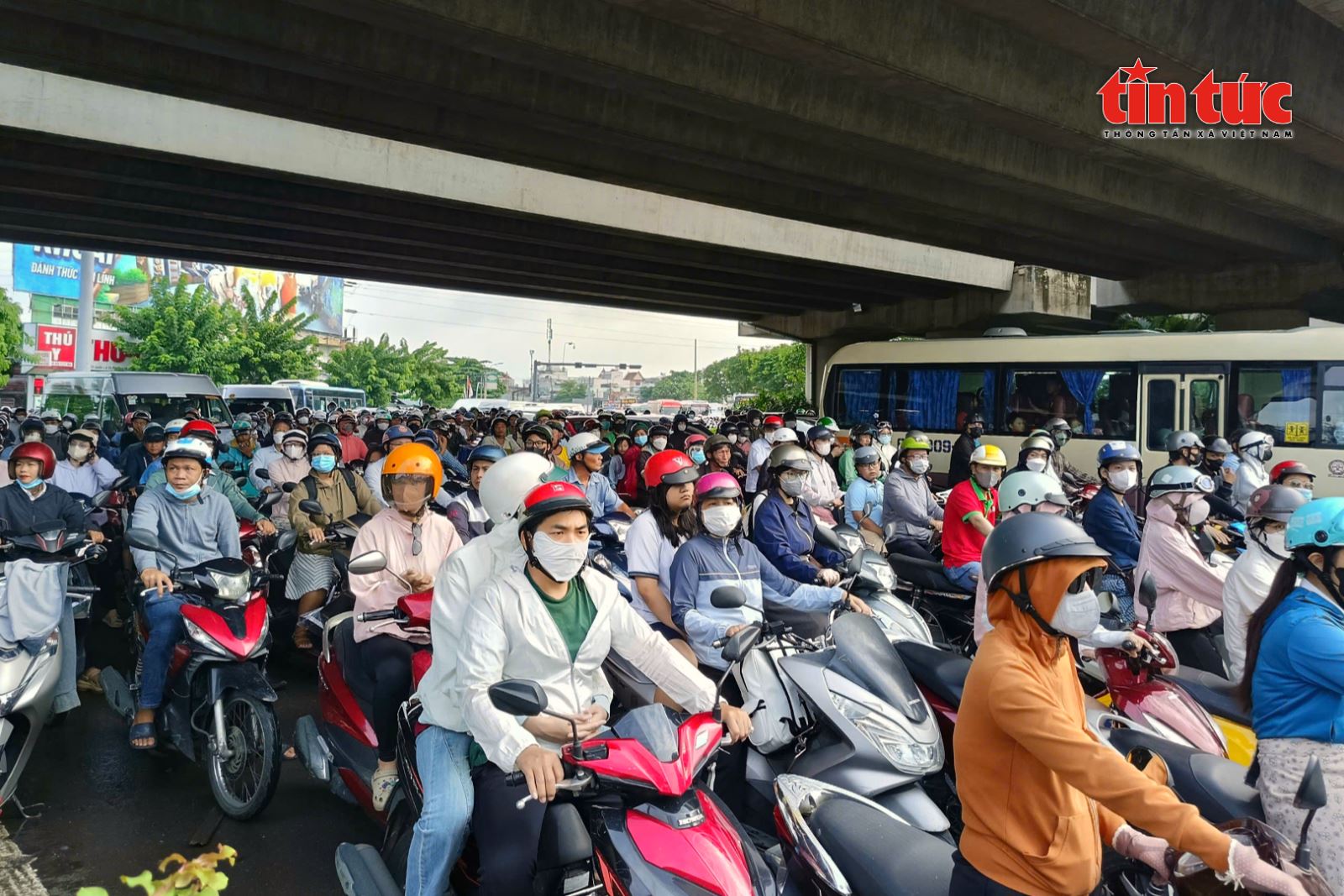
This decision is a significant change compared to previous draft versions. Initially, the regulation restricting the registration of new gasoline motorbikes in the central area was considered a drastic measure to control emissions. However, this proposal has raised many concerns in society. For the majority of city residents, motorbikes are not simply a means of transportation but also an indispensable tool for making a living. The ban could create major barriers, directly affecting the income and life of families, especially low-income workers.
Listening to those responses, the proposed ban was scrapped and replaced with incentives. This new approach not only eased people’s concerns but also had the potential to create a higher level of social consensus, which is key for any policy to be implemented and successful.
At a recent workshop organized by the Ho Chi Minh City Department of Construction, detailed contents on the operation of the Low Emission Zone (LEZ) were announced. Accordingly, Ho Chi Minh City plans to form a low emission zone in the central area limited by 15 bridges and 20 main roads, along with the Rung Sac route area (from Binh Khanh ferry to Duyen Hai road).
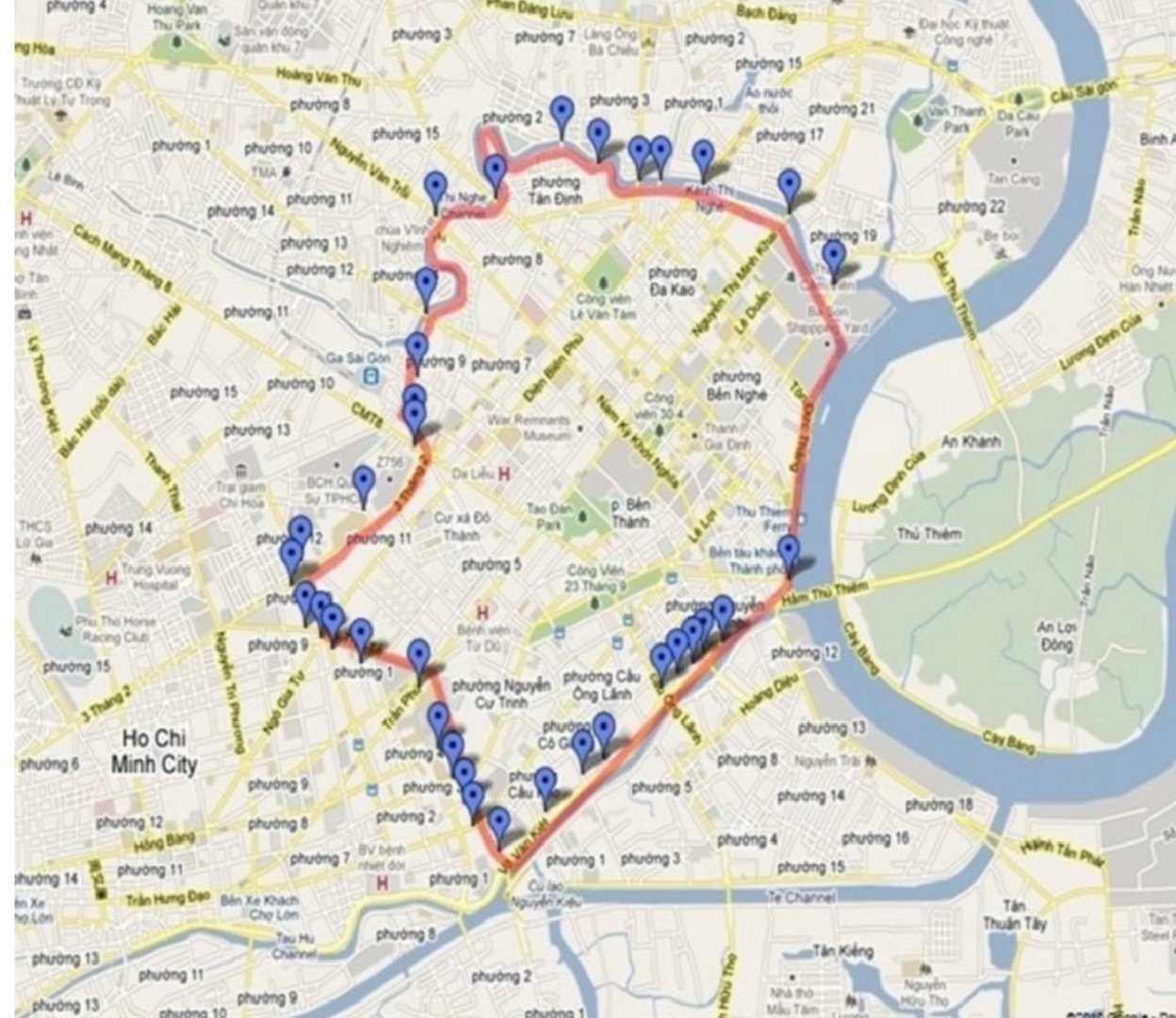
The operating principle of this zone is to give maximum priority to clean vehicles. Specifically, vehicles that do not emit exhaust fumes, use green energy or are environmentally friendly, along with priority vehicles and vehicles with special permits will be allowed to circulate.
In contrast, polluting vehicles will face strict regulations. Heavy-duty diesel trucks will be banned completely, while cars that do not meet Tier 4 emission standards and motorbikes below Tier 2 will be restricted or banned depending on the time frame. The plan also proposes the possibility of applying fees and charges to high-emission motor vehicles entering the zone.
To bring the policy into practice and encourage people to switch, a series of comprehensive financial support packages have also been proposed. Accordingly, people will enjoy direct incentives when buying electric motorbikes, including a 50% reduction in registration and license plate fees.
More importantly, the City will apply a subsidy policy for each specific group of subjects: normal households will be subsidized 10% of the vehicle value (maximum 5 million VND); near-poor households will be supported up to 80% (maximum 16 million VND) and especially, poor households will be supported 100% of the vehicle purchase cost (maximum 20 million VND).
In addition to direct subsidies, the project also offers a 20% interest rate support for loans in Vietnamese Dong to buy electric motorbikes. At the same time, a policy of refunding the remaining value for the liquidation of old gasoline motorbikes will also be implemented, helping people have more initial resources to change their vehicles.
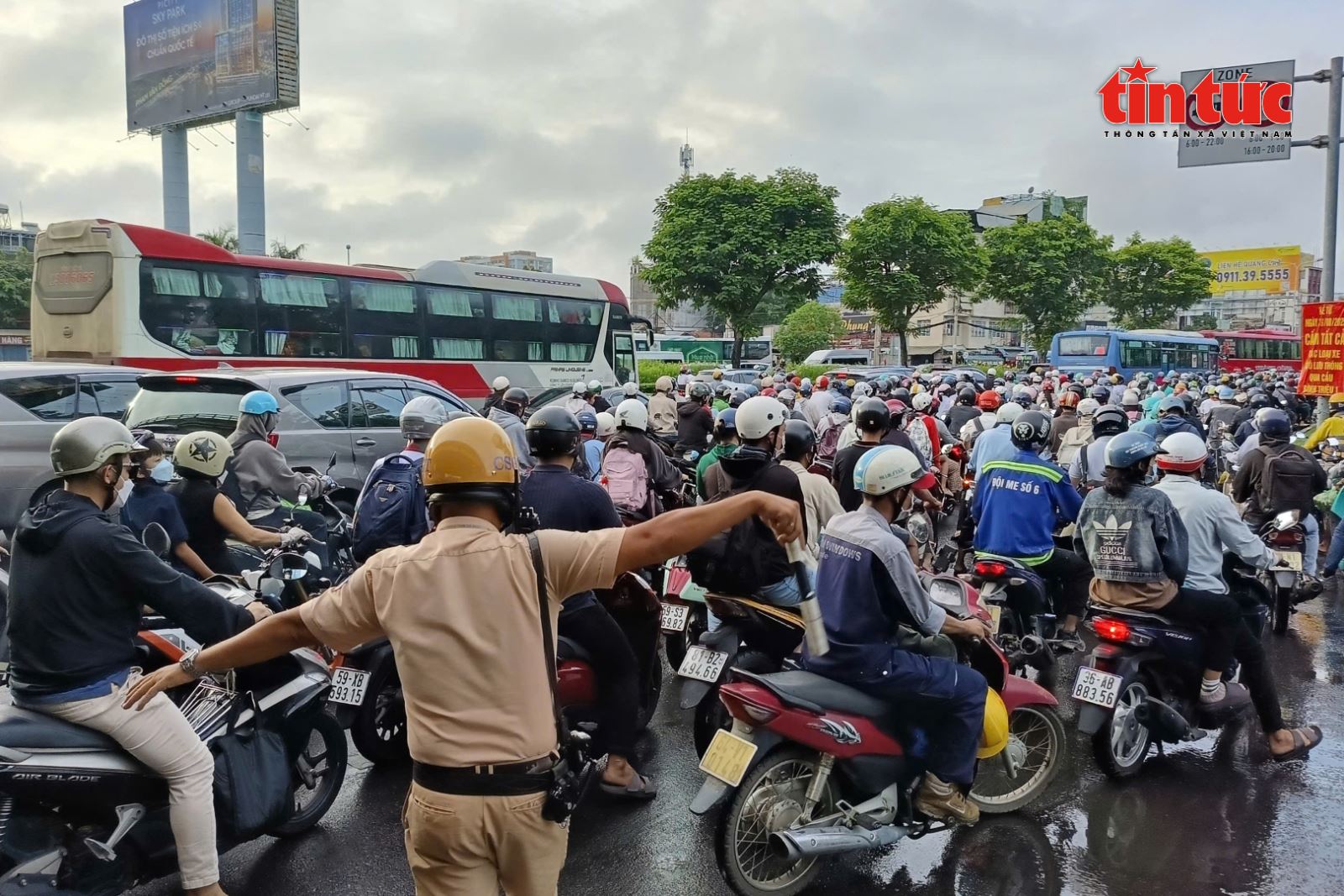
Speaking about these policies, Mr. Bui Hoa An, Deputy Director of the Ho Chi Minh City Department of Construction, believes that when people realize that the policies bring benefits to themselves and the community, they will proactively participate.
The Department of Construction leaders also acknowledged the existing challenges when the habit of using gasoline cars is still popular while the infrastructure of charging stations and electric car parking is limited. To solve this problem, the City is urgently issuing specific instructions so that people can park and charge their cars safely and conveniently at home and in apartments.
“In the next three months, the charging station system for electric buses and electric cars will be strongly deployed. The city will also plan charging points that meet technical standards and fire safety at bus stations, parking lots, residential areas and apartment buildings,” Mr. Bui Hoa An affirmed.
By moving from ban to promotion, Ho Chi Minh City is showing a long-term vision. This policy not only solves the problem of air pollution but also acts as a lever to promote the development of the electric vehicle ecosystem.
Although the transformation roadmap may still have many challenges, with a new, people-centered approach, Ho Chi Minh City is creating confidence that the goal of a greener, cleaner and more livable city can completely become a reality.
Source: https://baotintuc.vn/van-de-quan-tam/tp-ho-chi-minh-khong-cam-dang-ky-moi-xe-may-su-dung-xang-trong-khu-trung-tam-20251009105143688.htm








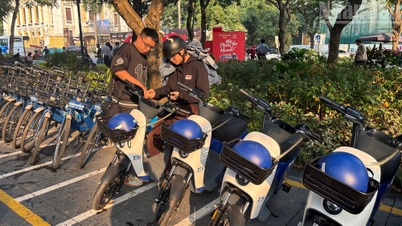




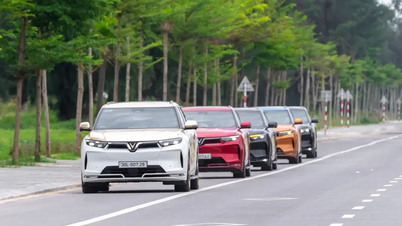
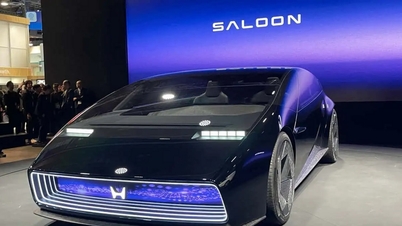

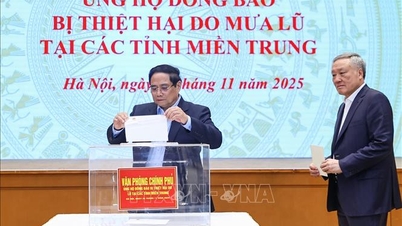
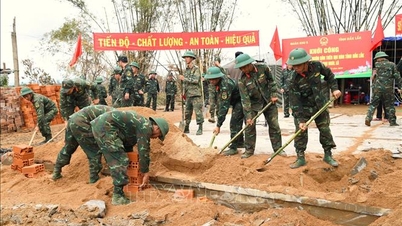
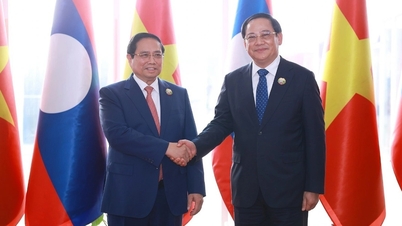


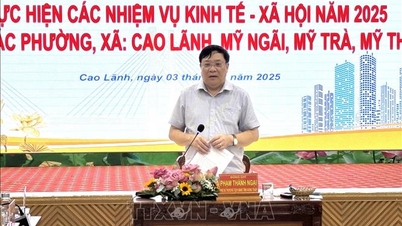








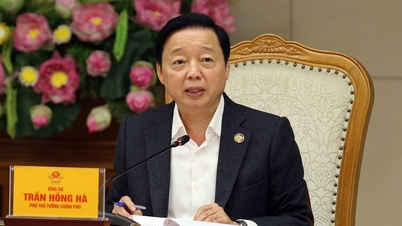
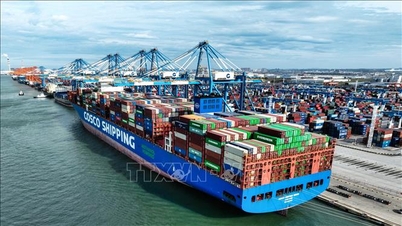

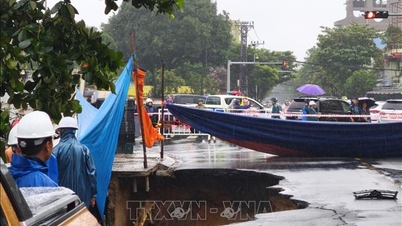
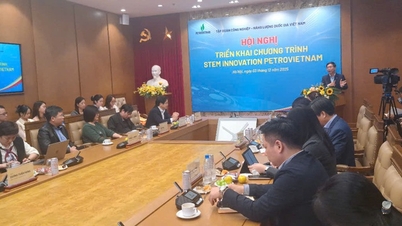
![[Photo] Worshiping the Tuyet Son statue - a nearly 400-year-old treasure at Keo Pagoda](/_next/image?url=https%3A%2F%2Fvphoto.vietnam.vn%2Fthumb%2F1200x675%2Fvietnam%2Fresource%2FIMAGE%2F2025%2F12%2F02%2F1764679323086_ndo_br_tempimageomw0hi-4884-jpg.webp&w=3840&q=75)
![[Photo] Parade to celebrate the 50th anniversary of Laos' National Day](/_next/image?url=https%3A%2F%2Fvphoto.vietnam.vn%2Fthumb%2F1200x675%2Fvietnam%2Fresource%2FIMAGE%2F2025%2F12%2F02%2F1764691918289_ndo_br_0-jpg.webp&w=3840&q=75)





























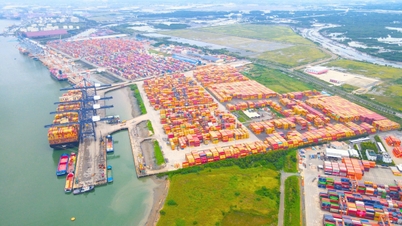




















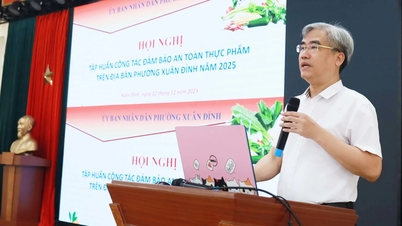


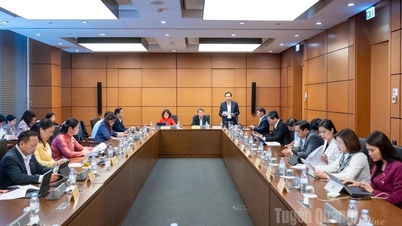

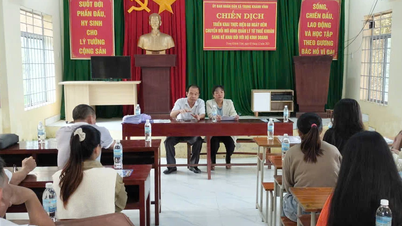

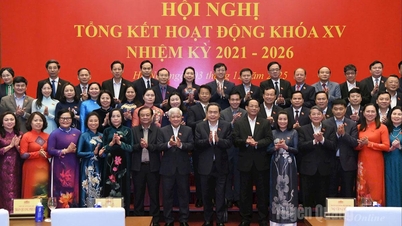
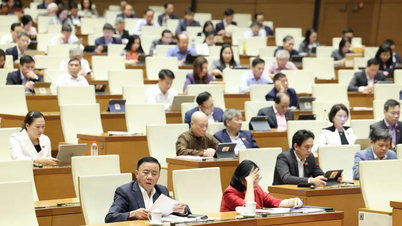














Comment (0)